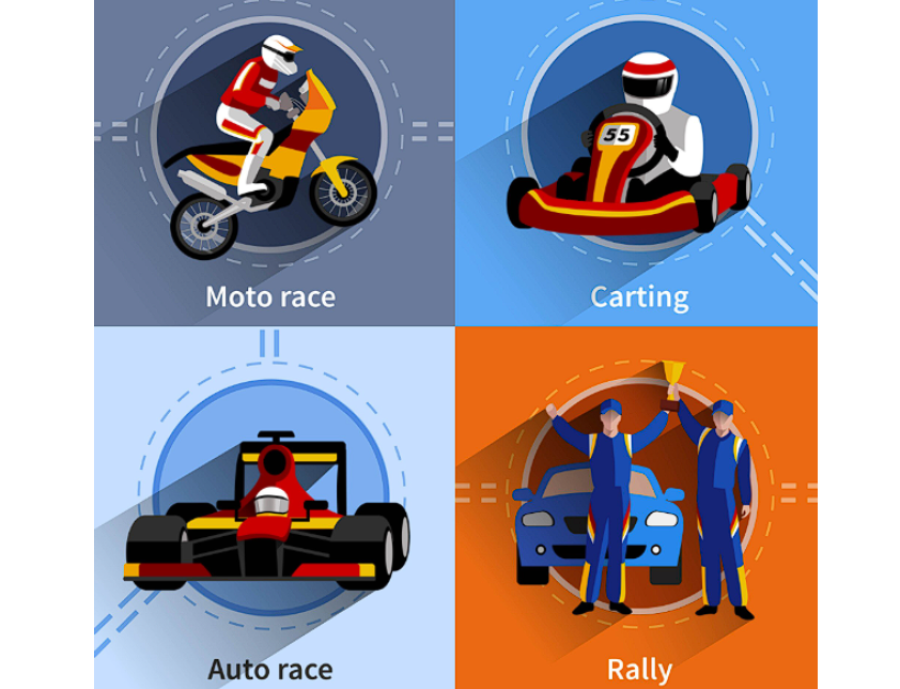The online casino industry is a global phenomenon, with a projected revenue of over USD 85 billion for 2025 and a CAGR of 11.1% for the next eight years. It’s easy to understand such optimism as more countries around the world pass favorable laws towards online gambling, including major markets like Brazil and India. This industry’s sheer success didn’t come overnight, though.
The first gambling platforms went online in the mid-90s, and major technological developments have made them widely accessible, as they are today, like widespread smartphone ownership and internet coverage. So, the infrastructure for their success was already set when the first crypto casinos came about, catering to a still pretty small community of crypto owners. Additionally, they brought ground-breaking changes to the industry.
Here’s why the cryptocasino model has become so popular in India and worldwide and how it’s different from traditional options.
Stepping Up the Game
The first-ever crypto casino platform, suggestively named SatoshiDice, was launched in 2012, only a couple of years after Bitcoin was presented to the world. Back then, not many businesses accepted cryptocurrency as payment. Despite the buzz, 1 BTC was worth less than USD 15 then, and not many people were dedicated to Bitcoin mining.
Nevertheless, some changes that would later revolutionize the online casino industry were already there. For once, crypto casinos have introduced the Provably Fair technology, with advanced algorithms that ensure the fairness of each result. This technology allows users to verify manually any results they want. Since all results are determined before users place their bets, it’s impossible to manipulate the outcome of a round.
Alone, Provably Fair provides unprecedented transparency and safety, but there’s more. Crypto casinos operate on blockchains, where all transactions are completely anonymous, as players don’t need to share their personal information with the platform. Crypto wallets aren’t tied to personal information, securing the anonymity of deposits and withdrawals.
Better still, transaction fees and timeframes are much lower than traditional payment methods, a crucial advantage for players. Players no longer have to worry about exchange operations when playing on a foreign platform, making such platforms much more accessible.
Legal Affairs
Crypto casinos fall into a sort of regulatory limbo in India since neither cryptocurrencies nor online casinos are regulated nationwide. Regarding online casinos, only the states of Sikkim and Nagaland have approved friendly online gambling laws, but the matter remains unregulated in most states. Meanwhile, Telangana, Andhra Pradesh, and Tamil Nadu have explicitly banned online gambling.
Despite the lack of regulation, crypto adoption keeps rising fast in the country. India was at the top of the global ranking of crypto adoption in 2023 and 2024, a ranking that includes 151 countries. Unsurprisingly, crypto casinos have become a major success in the country. Besides, nearly the entire population owns a smartphone with access to the internet, with about 1.2 million users.
Blockchain technology provides more transparency for players and also regulators. Since all operations are recorded on public and immutable ledgers, the risk of fraud and white-collar crimes is significantly reduced.
Innovatively Fun
At the top of such a long list of advantages, crypto casinos provide not only classic and live dealer games but also new options, like Plinko and crash games. Both types of games are reward-based on multipliers that players may or may not acquire during the game. Plinko is a classic game that consists of a ball dropping at the top of a vertical board full of pegs and prize slots at the bottom.
In the crypto version, all slots contain multipliers, but not all of them mean profit. For instance, if the ball lands on a 0.2x, a USD 5 bet will return only USD 1. Players can usually adjust risk levels to have more slots with higher or lower multipliers. While the game is pretty simple in principle, each developer adds their twist to it.
Pawsome Plinko by OneTouch includes features like golden pegs that reward 100x multipliers and an outstanding max prize of 10,000x the initial wager. Meanwhile, Spribe’s Plinko offers the Rain Promo, a free bet promotion offered randomly via live chat among active players.
The Rise of Crash Games
Crash games are possibly the most innovative gaming model brought by crypto casinos. In this modality, players bet on a multiplying curve, where prizes increase as the curve goes up. However, the curve can collapse at any moment, and it’s impossible to tell when it will happen.
Players can retrieve their prizes whenever they want, but it must be before the curve collapses, in which case they lose everything. The game Aviator by Spribe is one of the pioneers of this segment and one of the most famous titles of its kind. Here, the multiplying curve is clearly visible as the plane goes up.
Aviator was released in 2019 and inspired many similar titles, but not all crash games have visible curves. Some of them derive their mechanics from the classic PC game of Mines. Unlike the original version, Mines-based crash games give no clue as to where bombs are hidden. Every time the player successfully avoids the bomb, multipliers go up. The same logic is also applied to football, where a football field replaces the mine field.
RTP and Volatility
Most crash games have return-to-player rates (RTP) ranging between 97% and 99%. Volatility and maximum prizes may also vary across different titles. In some cases, it’s also possible to choose volatility levels according to the risk appetite of each player. High volatility means potentially bigger but rarer rewards, while low-volatility games tend to reward more often, though in smaller amounts.
Typically, crash games have Provably Fair certification. So, all results are defined before the game even starts, which means they can’t influence the outcome of a round. Nevertheless, all games are governed by RNG (random number generator) algorithms to ensure the promised RTP and volatility rates that can be individually verified by players.
A Promising Future
The crypto casino industry is growing at robust numbers, a trend that will likely remain in the next few years. In 2024, crypto casinos around the world generated a revenue of over USD 81 billion or 500% more than in 2022. Additionally, key jurisdictions have been passing or working on new regulations to legalize online gambling and cryptocurrencies, greatly expanding the potential market for crypto casinos.
Indeed, crypto casinos are accessible even in regions where the banking system is inefficient or non-existent. Since transactions with cryptocurrencies are decentralized, they don’t require banking intermediation, which is a huge advantage over traditional payment methods in conventional online casinos.
Smartphone ownership and mobile internet networks are expanding fast worldwide. It means more people have access to crypto wallets and online gambling apps. Mobile devices already play a massive part in this industry’s success, and the number of platforms with a mobile-first approach will likely increase soon.
Crypto casinos are expected to benefit from the development of DeFi (decentralized finance) technologies, creating new financial products directed to the gambling ecosystem, such as staking and lending. Simply put, increased integration between DeFi platforms and crypto casinos means improved payment processes and innovative services.
Crypto casinos are also expected to keep pace with the popularization of gadgets like AR glasses and VR headsets. These gadgets used to be awfully expensive, but prices are getting consistently lower thanks to the competition between big tech companies. VR-based crypto casinos already exist and will likely follow as more people acquire such gadgets.
While crypto casinos are virtually borderless, given the decentralized nature of their transactions, localized gaming experiences seem to be a rising trend. Many operators already focus on offering locally relatable content for key markets worldwide, using their target audience’s language and cultural aspects.
Will crypto casinos eventually overtake traditional platforms in popularity? Nobody knows, but they’ll probably keep attracting tech-savvy gamblers worldwide, coming up with even more innovative games and payment options.









